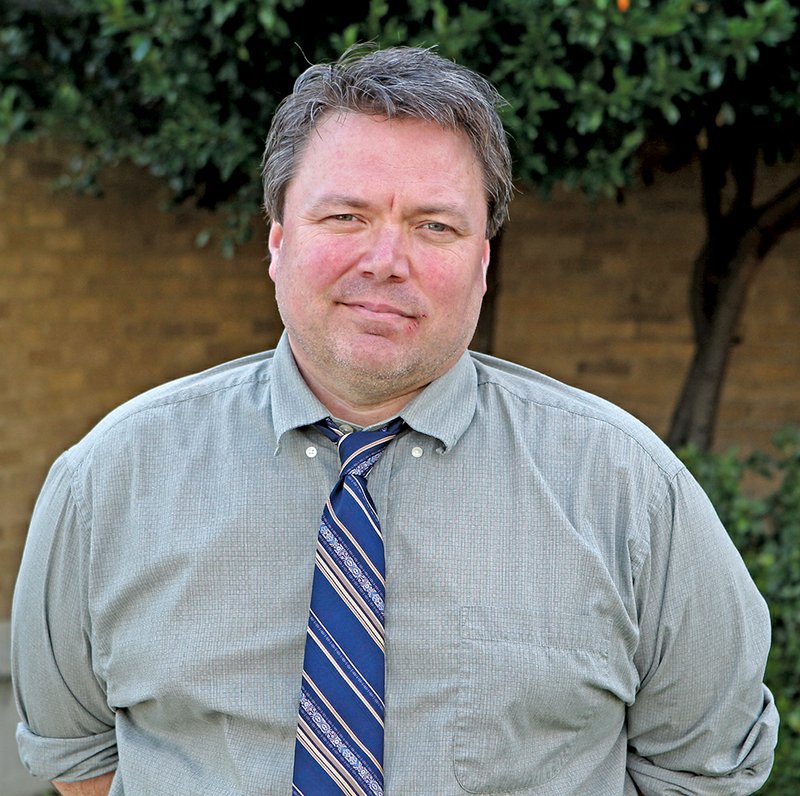As I was covering the trial of Randy Gay, who was convicted last week of capital murder and sentenced to death, I found myself caught up in several discussions during breaks in the proceedings with others in the courtroom regarding the subject of capital punishment.
I have never been one to shy away from giving my opinion on any topic, but I admit this has always been a complicated one for me. I consider myself a fiscal conservative and a social liberal, so it should be an easy answer since one would expect both of those camps to be opposed to it. The fiscal conservatives, because under our current setup it costs something like five or six times the amount of money to execute someone, based on the expense of the lengthy appeals process, than to house them in prison until they die. And you would traditionally expect a liberal, social or otherwise, to be opposed to capital punishment on the grounds it is cruel and unusual punishment and inhumane and that the risk of executing an innocent person outweighs the risk of sparing a guilty one.
Gay's attorney, Chief Public Defender Mark Fraiser, mentioned the popular argument in favor of capital punishment of the Biblical adage, "An eye for an eye," and countered it with the quote about "An eye for an eye leaves the whole world blind." I checked and found the second quote is commonly attributed to Mohandas Gandhi. I'll buy that. As a famous proponent of nonviolence, that certainly sounds like something he would say. It makes a vivid point and I certainly feel that not everyone who kills someone should likewise be put to death. Every case is different and there are often circumstances that can muddy the waters so to speak.
Yet, I find myself torn. I remember a previous capital murder case involving the beating death of an 8-year-old boy. Whenever anyone asks me what is the worst thing I have experienced as a crime/court reporter, my go-to answer is usually sitting through that trial. Especially the testimony of the victim's 11-year-old old sister, who was also brutally abused by the defendant and witnessed the murder of her brother. I will always remember how small she looked on the witness stand, but also how brave she was in sitting there, facing down the monster who killed her little brother. She broke down several times and so did the jury and the audience and myself. By the time she was done, I felt like I had been run over by a cement truck. I remember sitting beside an older man in the audience, the husband of one of the jurors, who told me he was a former prisoner of war and he didn't think he had it as bad as those children. He was disgusted and angry and so was I and the person to blame for it all was sitting right there. Any misgivings I had about the death penalty suddenly seemed pretty trivial, if not completely irrelevant. I wanted the monster to be vanquished.
The jury in that case ultimately decided on life in prison without parole and I remember being angry. I felt like the little boy and his sister had been victimized again. Where was the justice? How could he possibly deserve to live? As it turned out, he didn't live very long, ultimately dying in prison a few years later. After that, I wondered if maybe that was a more fitting fate. I don't imagine prison for those who kill children is exactly a fun experience. And ironically, he ended up dying far sooner than he likely would have on death row. But I can't help but wonder about the victim's sister. Did she feel like the verdict meant his life was worth more than her brother's? Was she angry? Did hearing about his eventual death finally give her peace? I will probably never know.
But I do feel that for the time being, until we as a nation collectively decide otherwise, that capital punishment has its place. It is a necessary evil. And for all the faults that can be found in our legal system, I completely agree with those who maintain it's still one of the best in the world. Picking 12 average citizens and letting them decide the fate of another and respecting their decision. For better or worse.
Editorial on 03/25/2015
